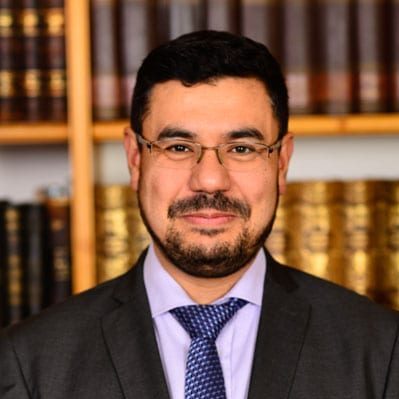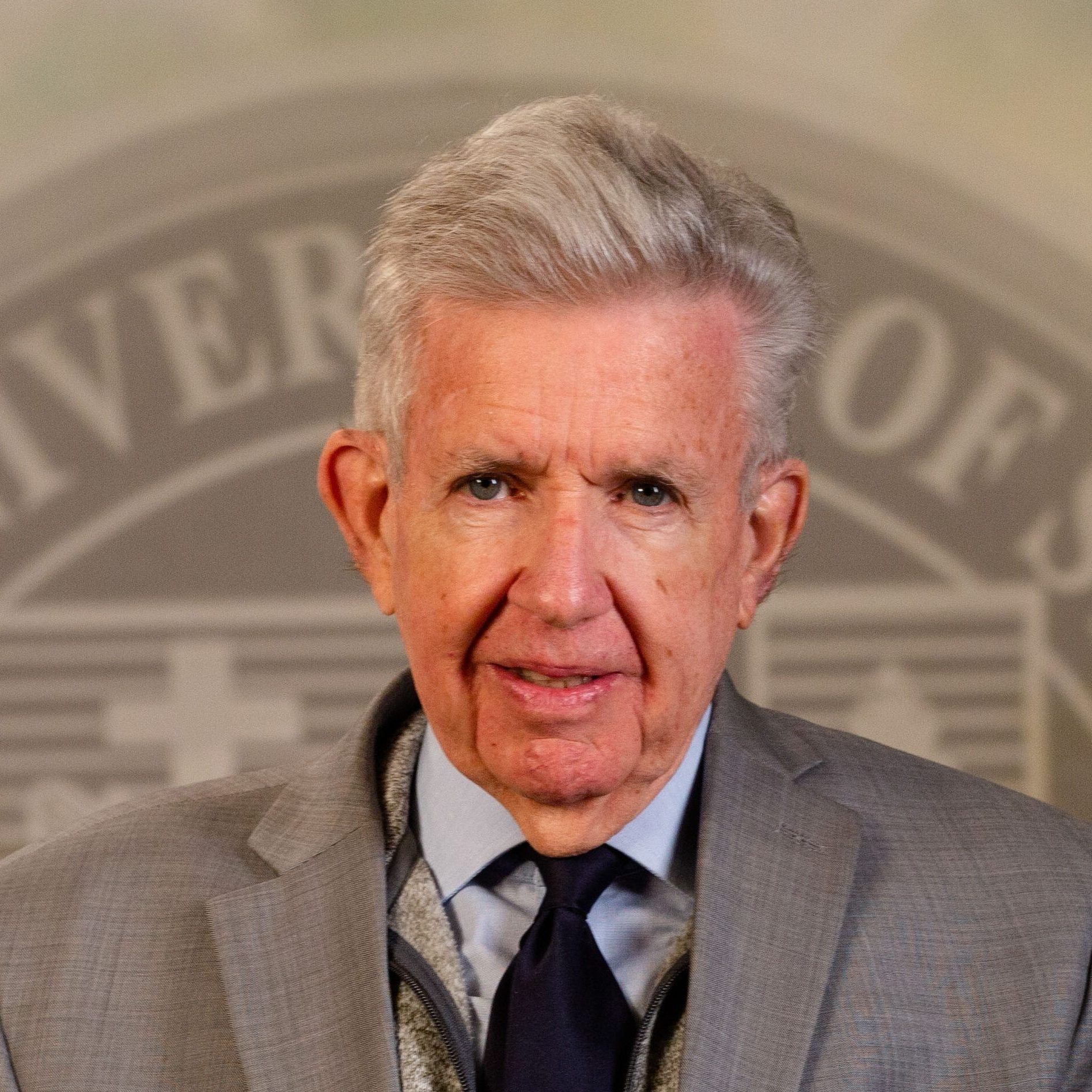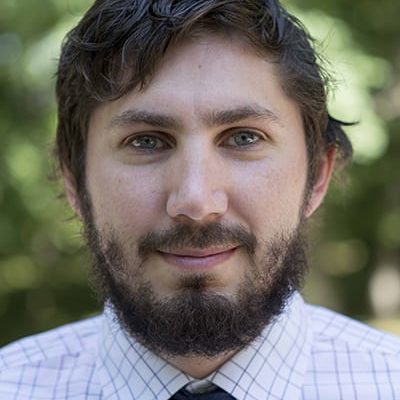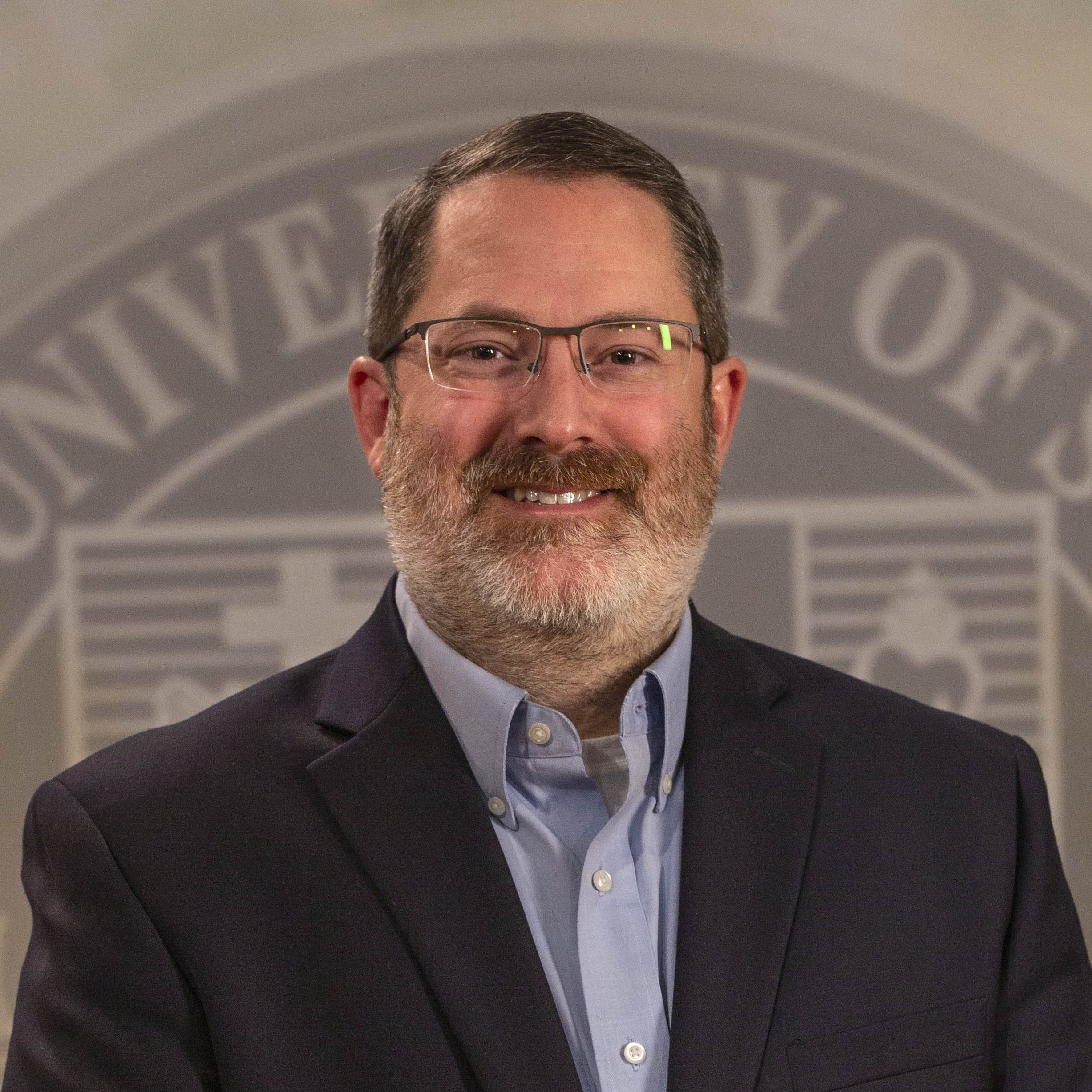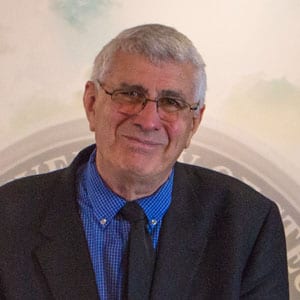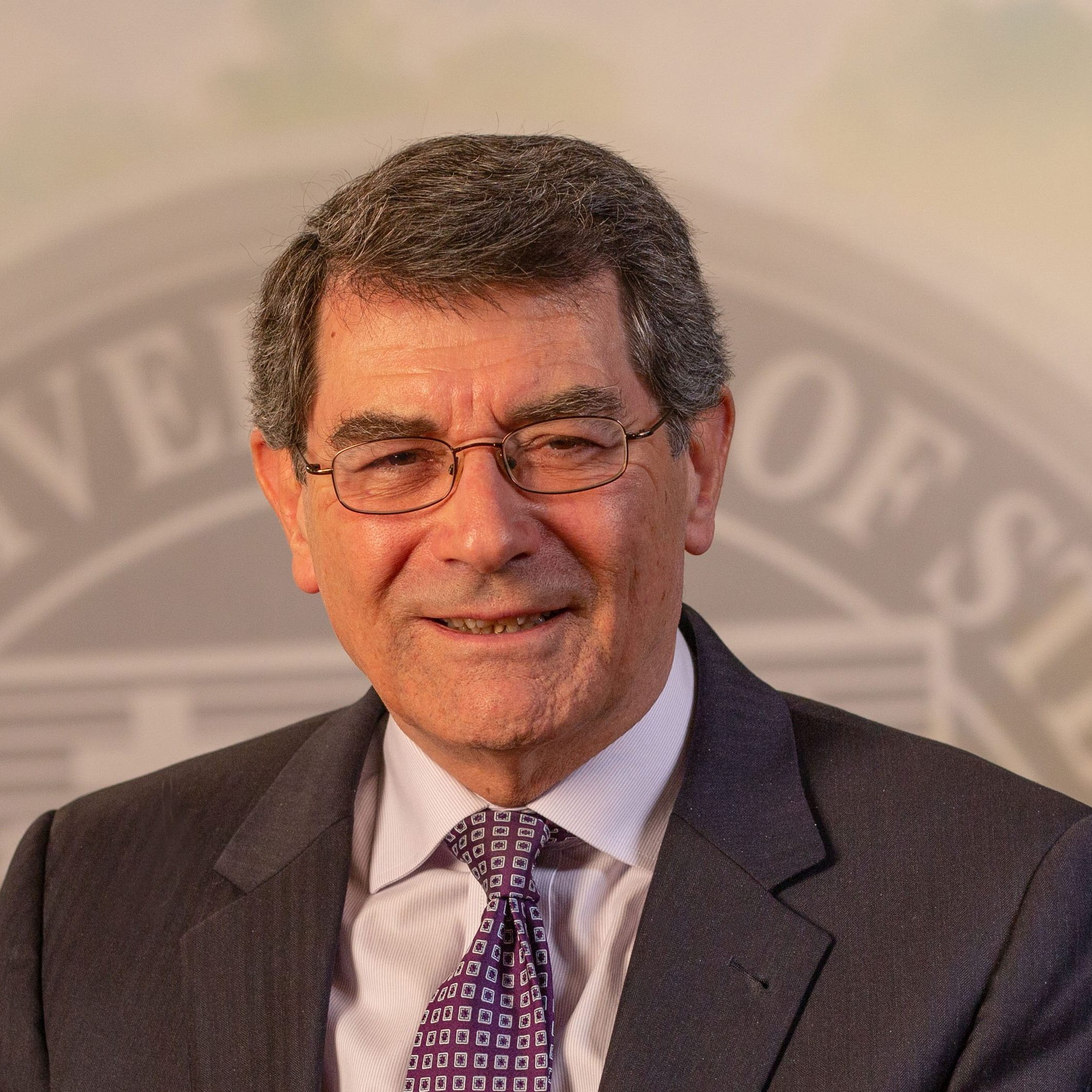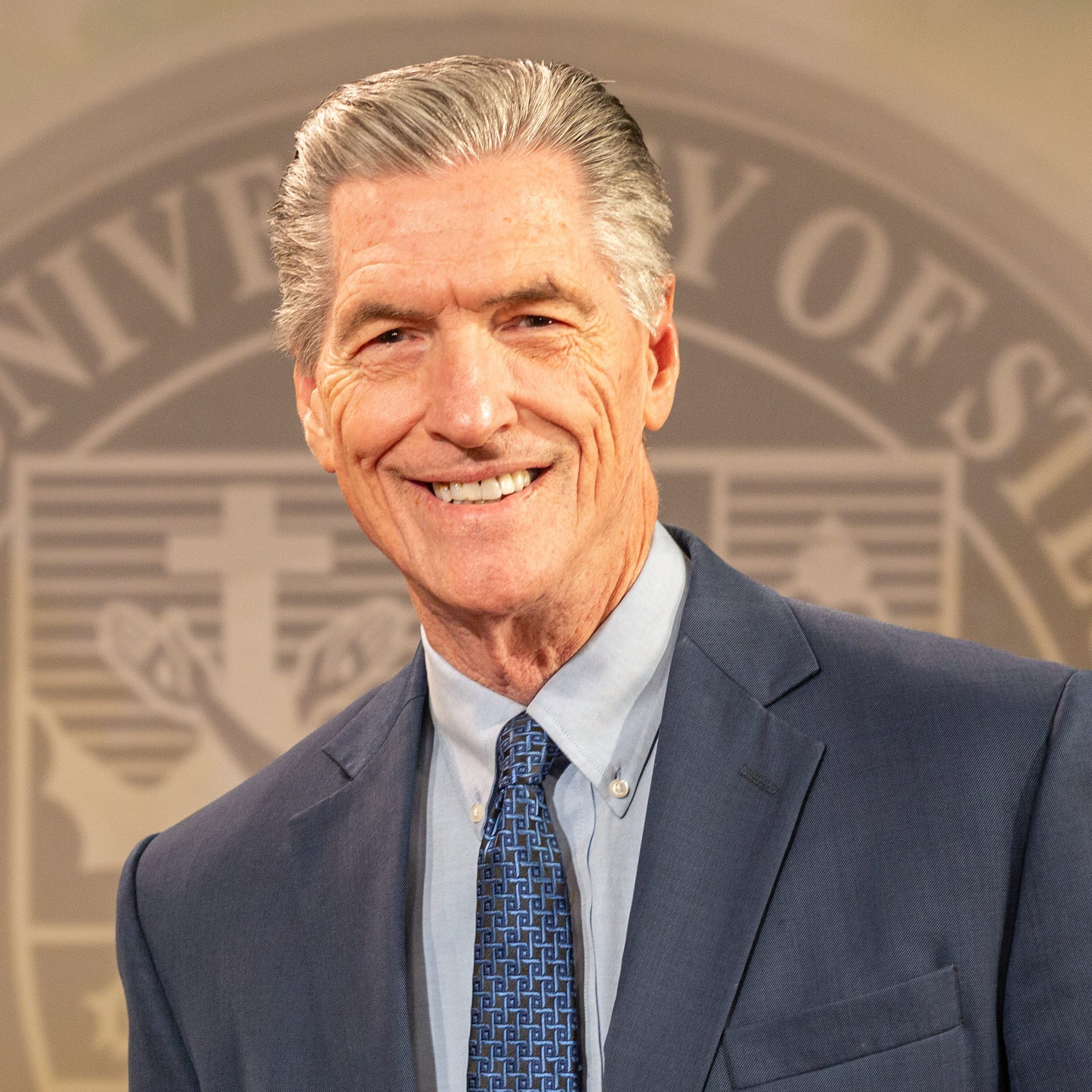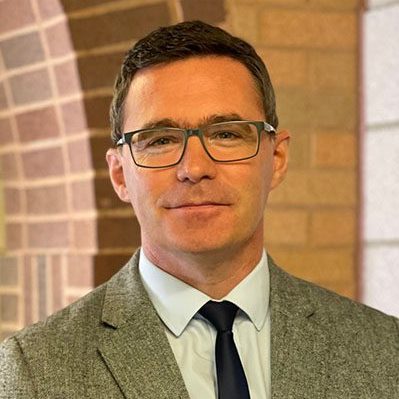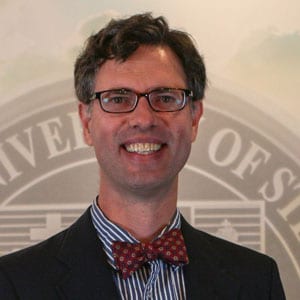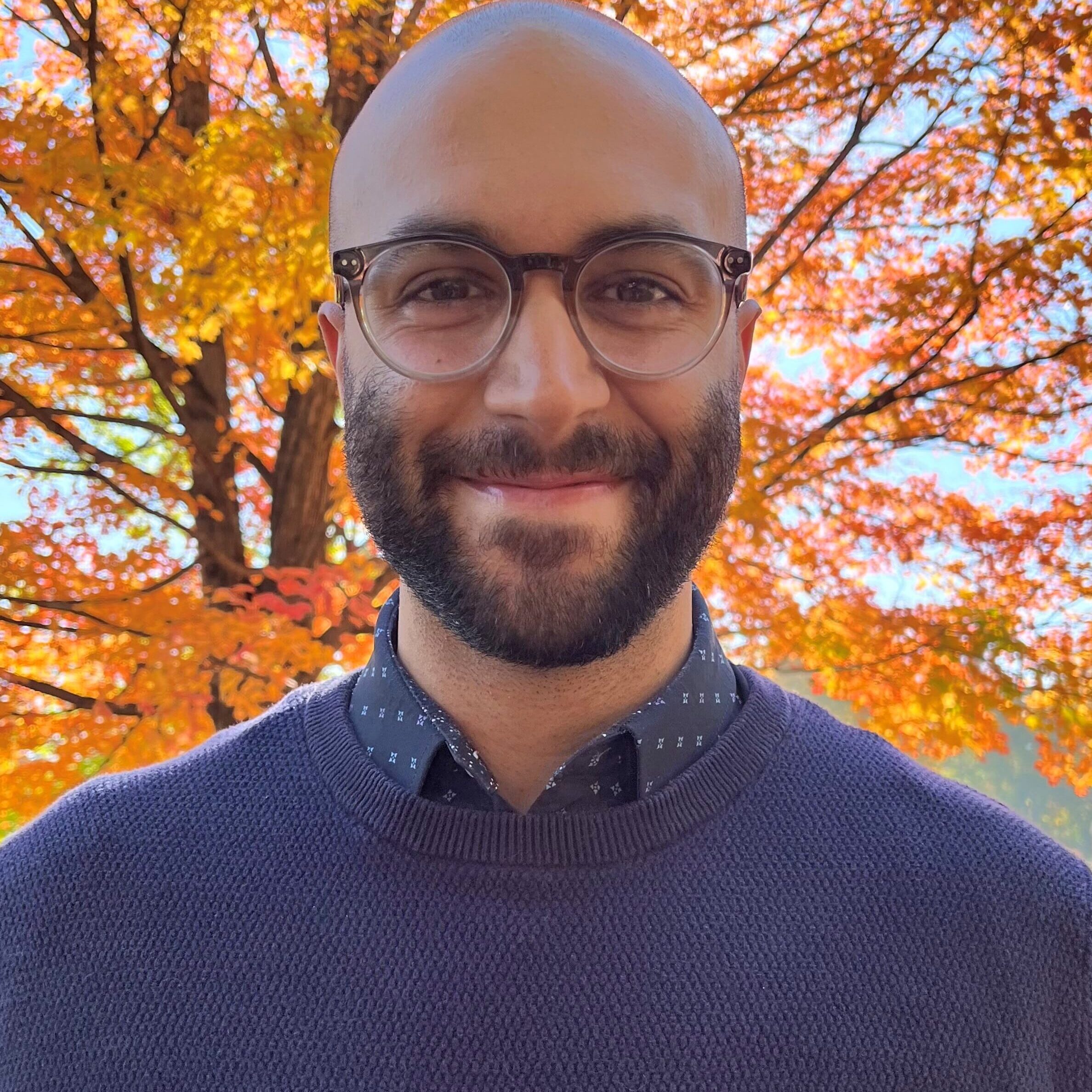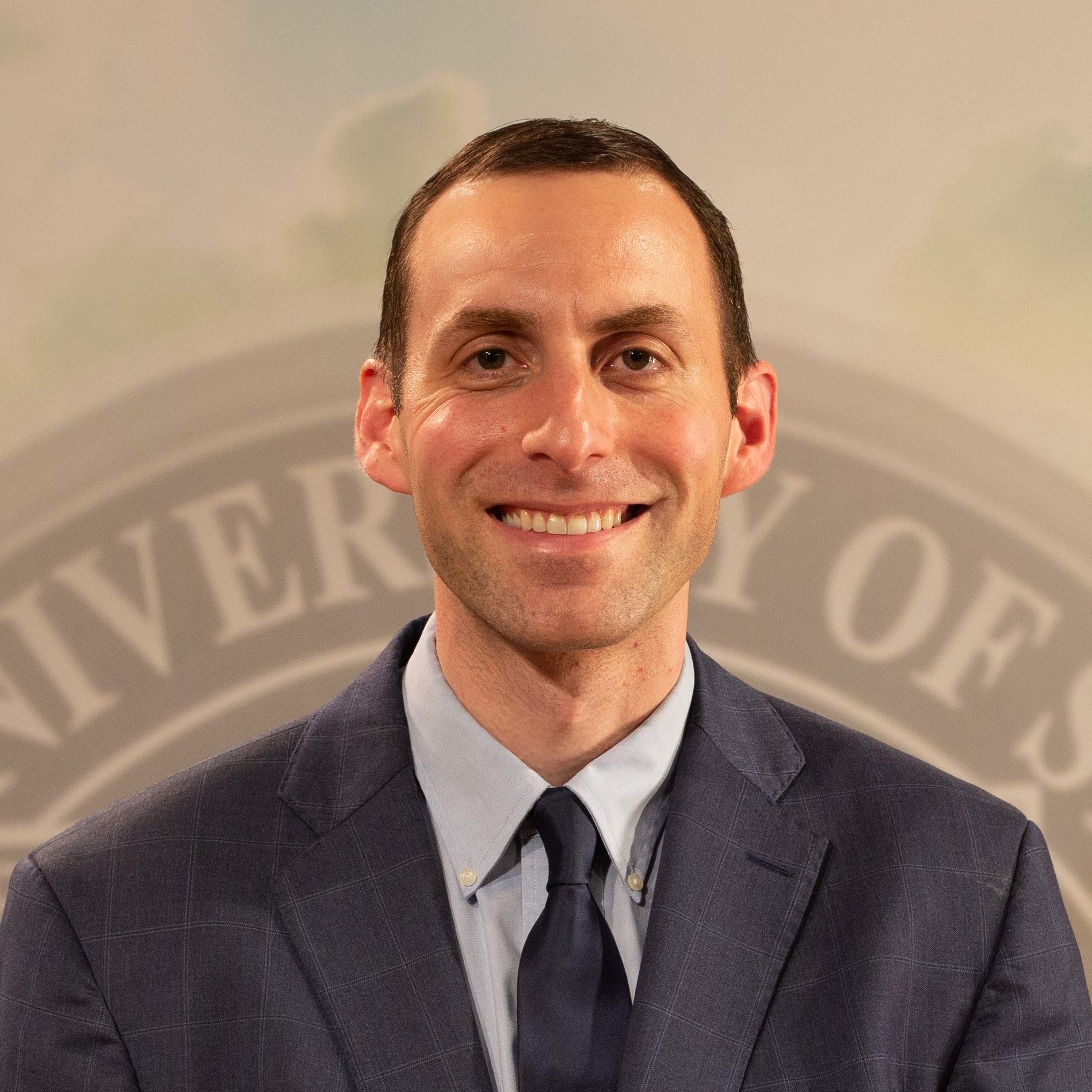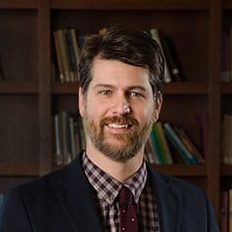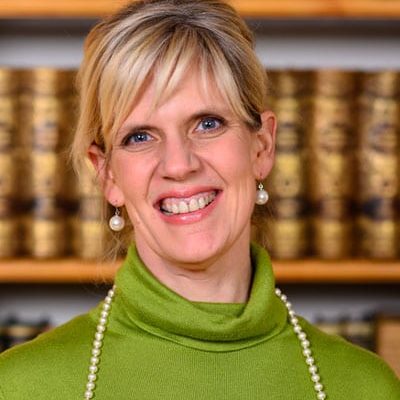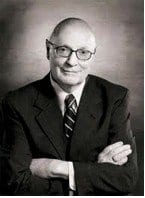 In the fall of 2009, graduate students studied some important works of Nicholas Rescher, who came to visit the class in November. Nicholas Rescher is a University Professor of Philosophy at the University of Pittsburgh where he is also Chairman of the Center for Philosophy of Science. He was educated at Queens College in New York and Princeton University where he received his Ph.D. at the age of 22, the youngest ever at the time. He has worked for the Rand Corporation as a research mathematician, and has taught at Princeton University, Lehigh University, and since 1970 the University of Pittsburgh.
In the fall of 2009, graduate students studied some important works of Nicholas Rescher, who came to visit the class in November. Nicholas Rescher is a University Professor of Philosophy at the University of Pittsburgh where he is also Chairman of the Center for Philosophy of Science. He was educated at Queens College in New York and Princeton University where he received his Ph.D. at the age of 22, the youngest ever at the time. He has worked for the Rand Corporation as a research mathematician, and has taught at Princeton University, Lehigh University, and since 1970 the University of Pittsburgh.
Nicholas Rescher’s career is extraordinary. He has been the president of the Charles Sanders Peirce Society, G. W. Leibniz Society of America, American Philosophical Association, American Catholic Philosophical Association, and the American Metaphysical Society. He is a member of the Royal Asiatic Society of Great Britain and Ireland, Institut International de Philosophie, Pennsylvania Academy of Science, Academie Internationale de Philosophie des Sciences, Academia Europaea: European Academy of Arts and Sciences, and Royal Society of Canada. He is an honorary member of Corpus Christi College, Oxford and has been a visiting professor at Temple University; University of Western Ontario; Catholic University of America; University of Rochester; Salamanca, Oxford University; and University of Konstanz. He has received honorary degrees from Loyola University of Chicago, National Autonomous University of CÛrdoba (Argentina), Lehigh University, University of Constance (Germany), Queens College of the City University of New York, Fernuniversität Hagen (Germany), and the University of Helsinki. He was a recipient of the Alexander von Humboldt Humanities Prize; the Medal of Merit for Distinguished Scholarship, University of Helsinki; the President’s Distinguished Research Award, University of Pittsburgh; the Belgian Cardinal Mercier Prize; and the Thomas Aquinas Medal of the American Catholic Philosophical Association. He has served on the governing boards of several scholarly organizations, and has held positions in numerous professional societies, scholarly committees and commissions. His work and research has received support from the Ford Foundation, the National Science Foundation, the J. S. Guggenheim Foundation, the American Philosophical Society, and the American Council of Learned Societies. Rescher has been commissioned to undertake support studies for Congressional committees on science/technology matters and has been invited to testify before the Committee on Science and Technology on issues of space exploration and colonization. He has served as editor of the History of Philosophy Quarterly, and the Public Affairs Quarterly, and has served on the editorial board of over 20 journals. He was editor and helped found the American Philosophical Quarterly.
He is a prolific writer whose contribution to philosophy and science extends over five decades. Rescher’s work represents a many-sided approach to fundamental philosophical issues that weaves together threads of thought from continental idealism and American pragmatism. One of the few contemporary exponents of philosophical idealism, Rescher has been active in the rehabilitation of the coherence theory of truth and in the reconstruction of philosophical pragmatism in line with the idealistic tradition. Apart from this larger program Rescher has made various specific contributions to logic, the history of logic, the theory of knowledge, and the philosophy of science.
Rescher has authored over 400 articles and 100 books in several different areas of philosophy. Many have been translated into Spanish, Japanese, German, Italian, French, Bulgarian, and Korean. He has authored a four volume autobiography entitled, Mid-Journey: An Unfinished Autobiography; Ongoing Journey: An Autobiographical Essay; Instructive Journey: An Autobiographical Essay; and Enlightening Journey: An Autobiographical Essay. Among his many other writings are:
- Hypothetical Reasoning
- The Coherence Theory of Truth
- Plausible Reasoning
- Dialectics: A Controversy-Oriented Approach to the Theory of Knowledge
- Cognitive Systematization
- Skepticism
- Induction
- Empirical Inquiry
- Paradoxes
- Epistemetrics
- Forbidden Knowledge and Other Essays on the Philosophy of Cognition
- Pascalís Wager: An Essay on Practical Reasoning in Philosophical Theology
- Rationality
- Cognitive Economy: Economic Perspectives in the Theory of Knowledge
- A Useful Inheritance: Evolutionary Epistemology in Philosophical Perspective
- Baffling Phenomena and Other Studies in the Philosophy of Knowledge and Valuation
- Human Knowledge in Idealistic Perspective
- Satisfying Reason: Studies in the Theory of Knowledge
- Objectivity: The Obligations of Impersonal Reason
- Inquiry Dynamics
- Epistemology: On the Scope and Limits of Knowledge
- Cognitive Idealization: On the Nature and Utility of Cognitive Ideals
- Epistemic Logic
- Realism and Pragmatic Epistemology
- Cognitive Harmon
- Essays in Philosophical Analysis: Historical and Systematic
- Conceptual Idealism
- A Theory of Possibility
- The Riddle of Existence: An Essay in Idealistic Metaphysics
- Complexity: A Philosophical Overview
- Nature and Understanding: A Study of the Metaphysics of Science
- Imagining Irreality: A Study of Unrealized Possibility
- Metaphysics: The Key Issues from a Realistic Perspective
- The Primacy of Practice
- Methodological Pragmatism
- Communicative Pragmatism: And Other Philosophical Essays on Language
- Realistic Pragmatism: An Introduction to Pragmatic Philosophy
- Rationality in Pragmatic Perspective
- Realism and Pragmatic Epistemology
- Cognitive Pragmatism
- Reason and Reality: Realism and Idealism in Pragmatic Perspective
- Process Metaphysics
- Process Philosophy: A Survey of Basic Issues
- Scientific Explanation
- Unpopular Essays on Technological Progress
- The Limits of Science
- Scientific Realism: A Critical Reappraisal
- Priceless Knowledge? An Essay to Economic Limits to Scientific Progress
- Predicting the Future
- Introduction to Value Theory
- Unselfishness: The Role of the Vicarious Affects in Moral Philosophy & Social Theory
- Ethical Idealism: A Study of the Import of Ideals
- Moral Absolutes: An Essay on the Nature and the Rationale of Morality
- Human Interests: Reflections on Philosophical Anthropology
- The Validity of Values: Human Values in Pragmatic Perspective
- Luck
- Sensible Decisions: On the Ways and Means of Rational Decision
- Value Matters: Studies in Axiology
- Distributive Justice
- Welfare: The Social Issues in Philosophical Perspective
- Pluralism: Against the Demand for Consensus
- Public Concerns: Philosophical Studies of Social Issues
- Fairness
- An Introduction to Logic
- The Logic of Commands
- Topics in Philosophical Logic
- Many-Valued Logic
- Studies in Modality
- Conditionals
- Standardism: An Empirical Approach to Philosophical Methodology
- Metaphilosophical Inquiries
- Profitable Speculations: Essays on Current Philosophical Themes
- Minding Matter and Other Essays in Philosophical Inquiry
- Philosophical Reasoning
- What If? Thought Experimentation in Philosophy
- Philosophical Dialectics: An Essay on Metaphilosophy
- The Philosophy of Leibniz
- Leibniz: An Introduction to His Philosophy
- Leibnizís Metaphysics of Nature: A Group of Essays
- On Leibniz
- Galen and the Syllogism
- Cosmos and Cognition: Studies in Greek Philosophy
- Peirceís Philosophy of Science
- Kantís Theory of Knowledge and Reality: A Group of Essays
- American Philosophy Today, and Other Philosophical Studies
- Essays in the History of Philosophy
- Kant and the Reach of Reason
- Scholastic Meditations
- Studies in the History of Arabic Logic
- The Development of Arabic Logic
- Temporal Modalities in Arabic Logic
- Studies in Arabic Philosophy



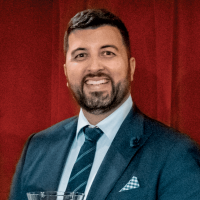
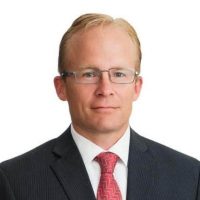
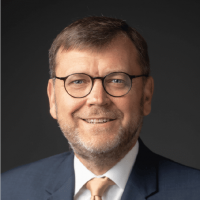
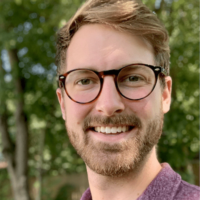
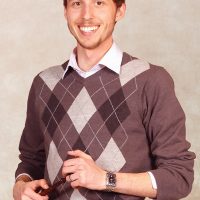

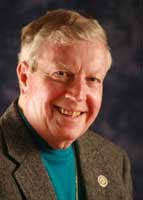 In the fall of 2007 a graduate course was offered on the thought of Germain Grisez who then visited the class in November to discuss his work with students. Germain Grisez is a prominent Catholic philosopher and theologian who received his Ph.D. in philosophy from the University of Chicago where he studied with the famous medieval scholar Richard McKeon. He taught at Georgetown University and since 1978 has been the Flynn Professor of Christian Ethics at Mount Saint Maryís University, Emmitsburg, Maryland.
In the fall of 2007 a graduate course was offered on the thought of Germain Grisez who then visited the class in November to discuss his work with students. Germain Grisez is a prominent Catholic philosopher and theologian who received his Ph.D. in philosophy from the University of Chicago where he studied with the famous medieval scholar Richard McKeon. He taught at Georgetown University and since 1978 has been the Flynn Professor of Christian Ethics at Mount Saint Maryís University, Emmitsburg, Maryland.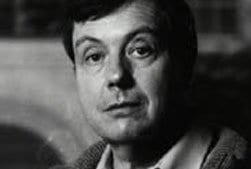 This fall the MA philosophy department will offer another course in its series “Living Philosophers in Dialogue.” In these courses the works of a significant living philosopher are studied. Later in the semester the philosopher studied visits the class for a dialogue with the students on the works they have studied. The course this fall will be on the works of Dr. Peter van Inwagen who is the John Cardinal O’Hara Professor of Philosophy at the University of Notre Dame. He is one of the leading figures in contemporary metaphysics and philosophy of religion. His monograph An Essay on Free Will played an important role in rehabilitating libertarianism with respect to free will where he is the first philosopher to introduce the terms incompatibilism and compatibilism with respect to free will and determinism. In 2003 Professor van Inwagen gave the prestigious Gifford Lectures that are published in his book The Problem of Evil in which he argues that the argument from evil fails to disprove the existence of God. Some of his other books are:
This fall the MA philosophy department will offer another course in its series “Living Philosophers in Dialogue.” In these courses the works of a significant living philosopher are studied. Later in the semester the philosopher studied visits the class for a dialogue with the students on the works they have studied. The course this fall will be on the works of Dr. Peter van Inwagen who is the John Cardinal O’Hara Professor of Philosophy at the University of Notre Dame. He is one of the leading figures in contemporary metaphysics and philosophy of religion. His monograph An Essay on Free Will played an important role in rehabilitating libertarianism with respect to free will where he is the first philosopher to introduce the terms incompatibilism and compatibilism with respect to free will and determinism. In 2003 Professor van Inwagen gave the prestigious Gifford Lectures that are published in his book The Problem of Evil in which he argues that the argument from evil fails to disprove the existence of God. Some of his other books are: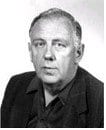 In the fall of 2006 a graduate course was offered on the thought of Alasdair MacIntyre which culminated in a visit to the class by Prof. MacIntyre at the end of November. MacIntyre, who is noted for his work in moral and political philosophy, was educated at the University of London and Oxford University. His early teaching career was in England where he taught at Manchester University, Leeds University, Essex University and Oxford. He came to the United States in 1969 where he has taught at Brandeis University, Wellesley College, Vanderbilt University, and Duke University where he is professor emeritus. Since 2000 he has been the Rev. John A. O’Brien Senior Research Professor and the Permanent Senior Research Fellow at the University of Notre Dame. Prof. MacIntyre was the recipient of a Metcalf Prize in 1974 and has honorary degrees from Swarthmore College, Queens University of Belfast, University of Essex, Williams College, and The New School for Social Research. He is a past president of American Philosophical Association.
In the fall of 2006 a graduate course was offered on the thought of Alasdair MacIntyre which culminated in a visit to the class by Prof. MacIntyre at the end of November. MacIntyre, who is noted for his work in moral and political philosophy, was educated at the University of London and Oxford University. His early teaching career was in England where he taught at Manchester University, Leeds University, Essex University and Oxford. He came to the United States in 1969 where he has taught at Brandeis University, Wellesley College, Vanderbilt University, and Duke University where he is professor emeritus. Since 2000 he has been the Rev. John A. O’Brien Senior Research Professor and the Permanent Senior Research Fellow at the University of Notre Dame. Prof. MacIntyre was the recipient of a Metcalf Prize in 1974 and has honorary degrees from Swarthmore College, Queens University of Belfast, University of Essex, Williams College, and The New School for Social Research. He is a past president of American Philosophical Association.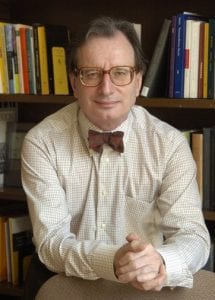 In April of 2008 Jean-Luc Marion discussed his work with a class of graduate philosophy students who had been studying his writings during the spring semester. Jean-Luc Marion is an internationally known French Catholic philosopher and theologian who works in the areas of modern philosophy, contemporary phenomenology and philosophy of religion and is known for his attempt to synthesize the Catholic intellectual tradition with post-modernist thought. Marion studied at the University Paris X ñ Nanterre and the Sorbonne. He did graduate work in philosophy at the Ecole Normale Superieure in Paris where he studied with Jacques Derrida and Louis Althusser. Marion was also influenced by the theologians Henri de Lubac and Hans Urs von Balthasar and the philosopher Emmanuel Levinas. He has taught at the University of Poitiers, the University Paris X ñ Nanterre. He currently teaches at the Sorbonne and the University of Chicago. In 1992 Prof. Marion was awarded the Grand Prix du Philosophie de l’Academie Francaise. Some of his original work in philosophy concerns the notion of a saturated phenomenon; the idea that there are phenomena of such overflowing givenness that our consciousness of these phenomena are flooded or saturated. Marion is a prolific writer. His writings include:
In April of 2008 Jean-Luc Marion discussed his work with a class of graduate philosophy students who had been studying his writings during the spring semester. Jean-Luc Marion is an internationally known French Catholic philosopher and theologian who works in the areas of modern philosophy, contemporary phenomenology and philosophy of religion and is known for his attempt to synthesize the Catholic intellectual tradition with post-modernist thought. Marion studied at the University Paris X ñ Nanterre and the Sorbonne. He did graduate work in philosophy at the Ecole Normale Superieure in Paris where he studied with Jacques Derrida and Louis Althusser. Marion was also influenced by the theologians Henri de Lubac and Hans Urs von Balthasar and the philosopher Emmanuel Levinas. He has taught at the University of Poitiers, the University Paris X ñ Nanterre. He currently teaches at the Sorbonne and the University of Chicago. In 1992 Prof. Marion was awarded the Grand Prix du Philosophie de l’Academie Francaise. Some of his original work in philosophy concerns the notion of a saturated phenomenon; the idea that there are phenomena of such overflowing givenness that our consciousness of these phenomena are flooded or saturated. Marion is a prolific writer. His writings include: In the fall of 2009, graduate students studied some important works of Nicholas Rescher, who came to visit the class in November. Nicholas Rescher is a University Professor of Philosophy at the University of Pittsburgh where he is also Chairman of the Center for Philosophy of Science. He was educated at Queens College in New York and Princeton University where he received his Ph.D. at the age of 22, the youngest ever at the time. He has worked for the Rand Corporation as a research mathematician, and has taught at Princeton University, Lehigh University, and since 1970 the University of Pittsburgh.
In the fall of 2009, graduate students studied some important works of Nicholas Rescher, who came to visit the class in November. Nicholas Rescher is a University Professor of Philosophy at the University of Pittsburgh where he is also Chairman of the Center for Philosophy of Science. He was educated at Queens College in New York and Princeton University where he received his Ph.D. at the age of 22, the youngest ever at the time. He has worked for the Rand Corporation as a research mathematician, and has taught at Princeton University, Lehigh University, and since 1970 the University of Pittsburgh.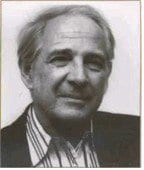 In the spring of 2007 the distinguished American philosopher John Searle visited a class for a discussion with graduate students who had been studying some of his writings in a course devoted to his work in philosophy. John Searle is the Slusser Professor of Philosophy at the University of California, Berkeley and one of the leading philosophers in the world. He was educated at the University of Wisconsin and received a B.A., M.A. and D.Phil. from Oxford University. He has received honorary degrees from the University of Lugano, University of Torino, University of Bucharest, Adelphi University, and University of Wisconsin. He has also received numerous awards including the Jean Nicod Prize in France, the Puffendorf Medal in Sweden, The Jovellanos Prize in Spain, the Tasan Award in Korea, and the National Humanities Medal in the United States. He was a past president of the American Philosophical Association. Although Professor Searle has taught at the University of California since 1959, he has also been a visiting professor at dozens of universities including the Sorbonne, the Catholic University of Lublin, Charles University in Prague, Syracuse University, University of Aarhus in Denmark, University of Toronto, University of Florence, the University of Oslo. He has given hundreds of lectures at colleges and universities throughout North and South America, Europe, and Asia.
In the spring of 2007 the distinguished American philosopher John Searle visited a class for a discussion with graduate students who had been studying some of his writings in a course devoted to his work in philosophy. John Searle is the Slusser Professor of Philosophy at the University of California, Berkeley and one of the leading philosophers in the world. He was educated at the University of Wisconsin and received a B.A., M.A. and D.Phil. from Oxford University. He has received honorary degrees from the University of Lugano, University of Torino, University of Bucharest, Adelphi University, and University of Wisconsin. He has also received numerous awards including the Jean Nicod Prize in France, the Puffendorf Medal in Sweden, The Jovellanos Prize in Spain, the Tasan Award in Korea, and the National Humanities Medal in the United States. He was a past president of the American Philosophical Association. Although Professor Searle has taught at the University of California since 1959, he has also been a visiting professor at dozens of universities including the Sorbonne, the Catholic University of Lublin, Charles University in Prague, Syracuse University, University of Aarhus in Denmark, University of Toronto, University of Florence, the University of Oslo. He has given hundreds of lectures at colleges and universities throughout North and South America, Europe, and Asia.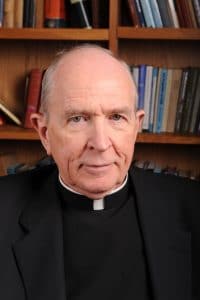 In the spring of 2012, a graduate course was offered on the works of the renowned phenomenologist Robert Sokolowski. Near the end of the semester, he visited the class to discuss his work with the students.
In the spring of 2012, a graduate course was offered on the works of the renowned phenomenologist Robert Sokolowski. Near the end of the semester, he visited the class to discuss his work with the students.

